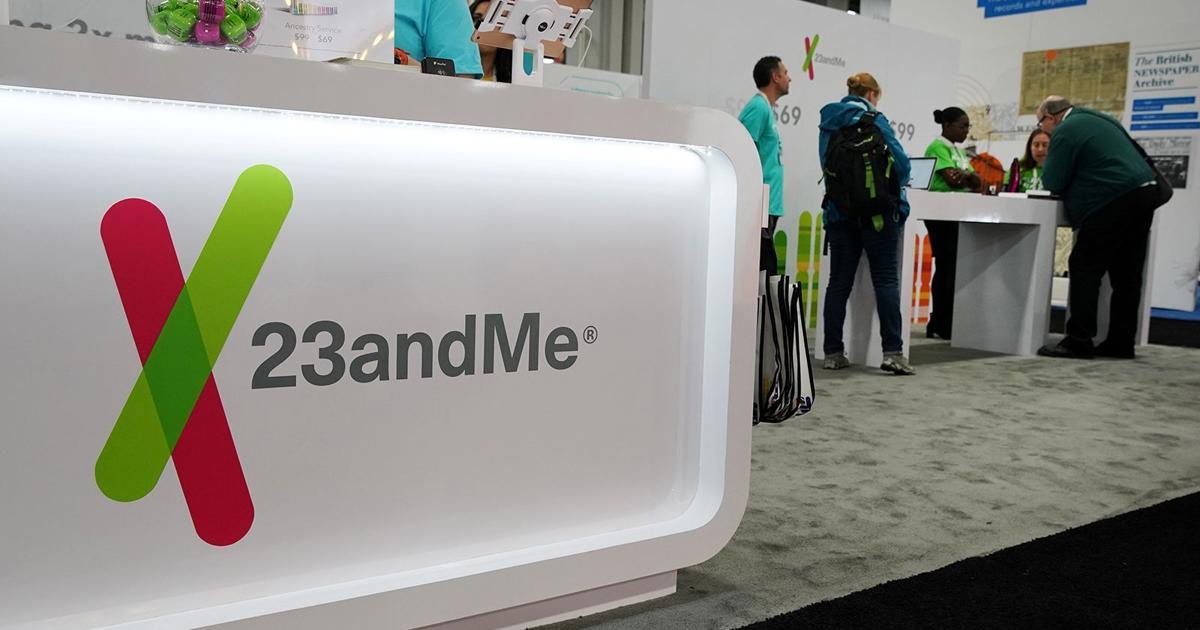Millions of Americans have embraced at-home DNA kits, hoping to unlock the secrets of their family trees and uncover potential health risks. But behind the promise of ancestry and well-being lies a growing concern: who really has access to your genetic information, and what can they do with it?
One of the biggest names in the game, 23andMe, is currently up for sale, and lawmakers are deeply worried. What happens to the vast amount of data they’ve collected when ownership changes hands? This isn’t just a question for 23andMe customers; it’s a question for everyone.
You might think, “I’ve never taken a DNA test, so I’m in the clear.” Unfortunately, that’s not necessarily true. Even if you haven’t sent your own sample, your genetic information could still be at risk. Think about it: someone in your family tree, maybe a distant cousin, decided to send in their spit to learn about their heritage. That single act could have implications for you.
Why? Because your DNA is interconnected. You share genetic material with your relatives, and that shared code can be traced. A third cousin you’ve never met might upload their DNA to a public site like GEDmatch. Because you share a portion of that same genetic makeup, your identity could potentially be revealed along with any possible health risks you may face down the road.
While federal law prevents health insurance companies from using your DNA to deny coverage, that protection doesn’t extend to life insurance, disability, or long-term care policies. This means your DNA, or a relative’s DNA, could potentially be used to raise your premiums or even deny you coverage altogether.
This isn’t just a theoretical concern. Remember the Golden State Killer case? Investigators used DNA from a distant relative who submitted their results to GEDmatch. By building a family tree, they found a match and finally apprehended the perpetrator after decades of unsolved crimes. This shows just how powerful and revealing DNA data can be.
What Can You Do?
If you’ve taken a DNA test, review your privacy settings carefully. Many companies allow you to download your raw data and then delete it from their servers.
Have a conversation with your relatives. If they’ve submitted their DNA, encourage them to review their privacy settings and consider downloading and deleting their data as well.
Understand that their DNA isn’t just theirs. It’s tied to you and could affect your access to insurance, care, and services down the road.
